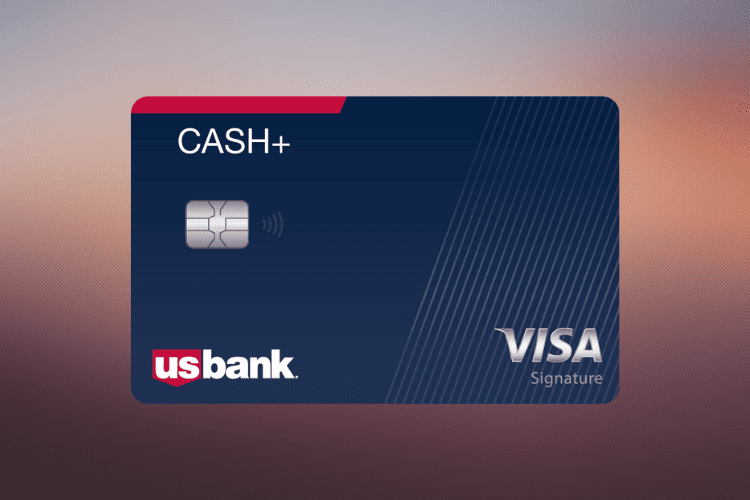Hard Money Loans Vs. Soft Money Loans

You may only know loans by their category, like personal loans, auto loans, and debt consolidation loans. There’s actually another way to differentiate between loans, especially if you’re pursuing investment opportunities: hard money vs soft money loans.
What Is a Soft Money Loan?
A soft money loan is the type of loan you probably already understand. It’s a traditional loan like a car loan that can be identified from these key features:
- Below-market interest rates for qualified borrowers
- Longer repayment periods (up to six or seven years)
- Interest holidays (such as offering a 0% APR for an introductory period)
- Provided by a certified lending institution like a bank or credit union
Like most other debts, a soft money loan is only awarded to borrowers with good or excellent credit. If you have a poor credit score but manage to receive approval for a soft money loan, it will likely come attached to a high interest rate that adds thousands of dollars to the amount of money you will eventually have to pay.
A soft money loan is also recorded on your credit score so that other potential lenders are aware of your debt. Timely and consistent payments on a soft money loan will improve your credit rating, while missed payments and slow debt payoff will sink your credit score even lower.
Here are a few other caveats to expect when pursuing a soft money loan:
- The closing time may last 10-14 days
- You may need to prove you have 3-6 months worth of loan payments in reserve
- You may be asked to put up an asset as collateral for the loan
A soft money loan makes sense for most average consumers. It gives you a relatively safe and predictable way to borrow and repay money.
What Is a Hard Money Loan?
Hard money loans are different because they’re used mainly for business needs. If a business has trouble meeting the traditional criteria required by financial institutions, it can pursue a hard money loan through a private individual or investor.
On the plus side, a hard money loan doesn’t consider your credit score or financial history! This is great news for eager borrowers with less-than-stellar credit ratings.
Instead, a hard money loan awards short-term funding backed by the value of a property. You can expect these key features from a hard money loan:
- Funding granted as a short-term bridge loan (3-6 months)
- Instead of credit score and income, a hard money loan is backed by the value of a property
- Most likely funded by a private investor
- Rigid repayment schedules
- No large down payment, collateral, or proof of savings required
- Close in about 3-5 days
- Higher interest rates than a soft money loan
The average working American may not find hard money loans valuable, but real estate professionals use them frequently. If you’re flipping properties or constructing new properties, a hard money loan offers the cash you need quickly and for a short period of time.
As with any financial decision, make sure you fully evaluate the terms of any hard or soft money loan before you sign on the dotted line.
Don’t wait to get out of debt! Read this: A Complete, Step-By-Step Guide to Get Out of Debt.










